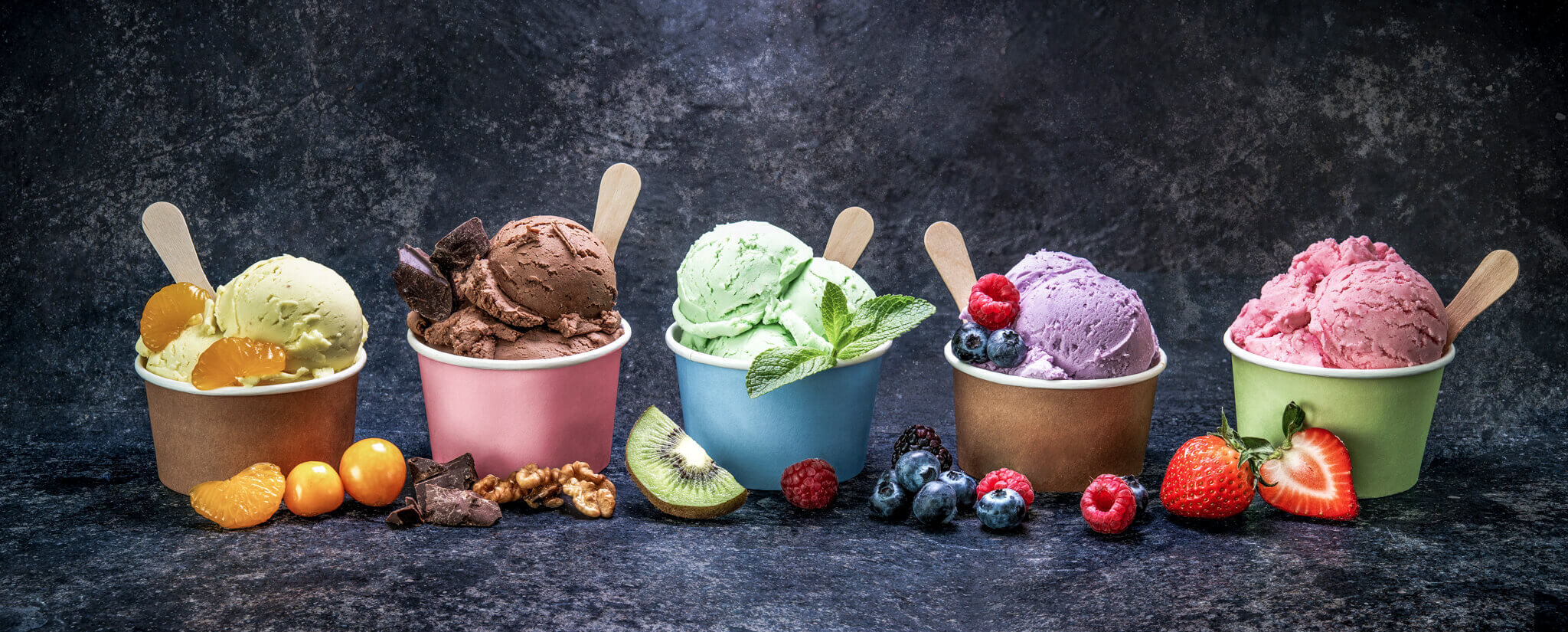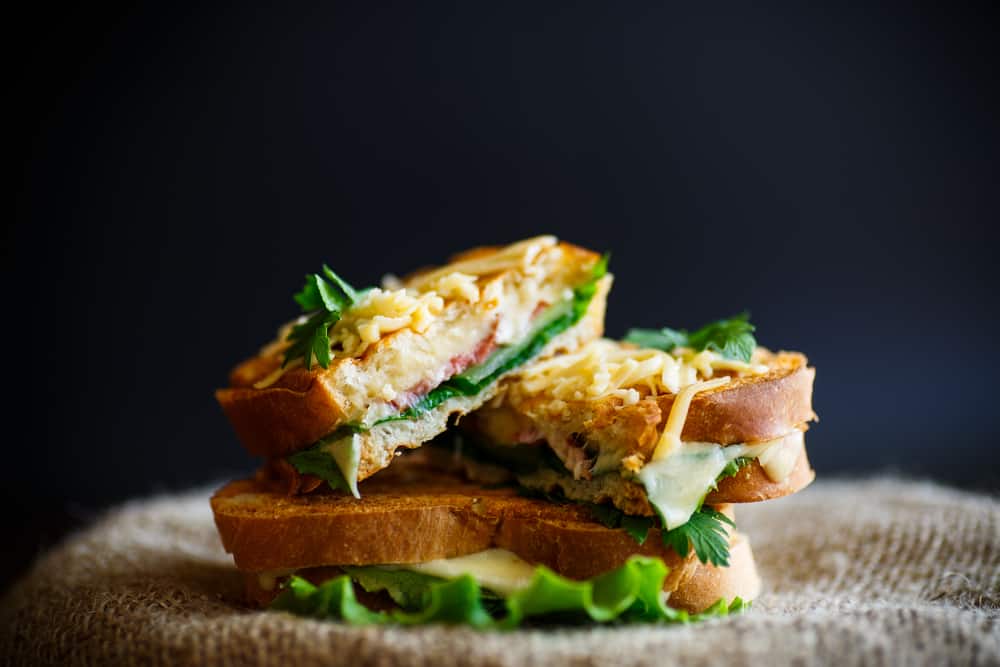
Bingers worldwide have always shared one common experience when exploring the hundreds of shows in their Netflix catalog: an insatiable need for a snack. What causes these cravings? Is craving the same as hunger? And are cravings for specific foods a sign that our bodies are missing an essential nutrient? Millions of people worldwide struggle to control cravings in an effort to limit the long-term effects that unnecessary snacking can have on our health and wellness.
Cravings are intense, specific desires for particular types of foods. Our brain’s reward system plays a significant role in the phenomenon of craving. When we eat something appetizing, like vanilla ice cream, our brains release a hormone known as dopamine (the pleasure chemical). Although dopamine plays a significant role in aiding the movement of our musculoskeletal system, this hormone is also responsible for the undertone behind our intense cravings. The dopamine released when we eat something pleasurable creates a memory of pleasure associated with that food, which leads to cravings for that pleasurable food every time we need a mood boost.

One interesting aspect of cravings is the specificity of the food categories we crave. While hunger is a universal demand for a fulfilling meal, cravings are particular to a specific dish or item. This specificity, although sometimes mistaken for an instinctive response to nutritional deficiencies, is motivated by psychological and emotional needs rather than physiological needs.
Our emotional state often plays a role in cravings. Different emotional states can lead to the production and expression of various hormones, indirectly causing episodes of craving. For instance, when we experience stress, our adrenal glands release cortisol, which causes an unusual craving for particularly high-fat and sugary foods. This reaction, biologically, is a way for our bodies to seek out quick energy sources as part of the natural fight-or-flight response. However, our sedentary lifestyle defeats the need for such a reaction and instead leads to unnecessary weight gain.
Another critical aspect of cravings is their habitual and environmental triggers. For instance, we may find ourselves craving ice cream after a meal as it has become a habitual ritual, or even a Piña Colada on the beach during summertime. Our brains form habits and connections between foods and different environments or behaviors, making such foods an automatic and almost involuntary response.
How are we able to “make space” in our stomachs for dessert after a thoroughly fulfilling meal?
Our appetite is not only governed by our physiological capacity but also by the appeal and variety of various tastes of foods that we consume. When we present a dessert, a contrasting flavor, we are no longer bored with the unvaried flavors of our main course, hence leading to anticipation creating appetite. This phenomenon, known as “dessert stomach,” occurs as our brains appreciate the contrasting flavor of a sweet dessert after a savory meal, hence overriding our feeling of fullness.
Additionally, foods high in fat and sugar that we find outside are designed to be “hyper-palatable” — foods that are far harder to resist as they are designed to stimulate our brain’s reward system in a way natural foods cannot. Hyper-palatable foods combine high levels of fat, sugar, and carbohydrates, which fulfill our brain’s reward response, encouraging excessive eating. Unfortunately, such foods are engineered with palatability in mind and often ignore the health consequences of such food consumption. This can explain how we still are able to crave a tub of ice cream or a bag of chips after a fulfilling meal.

What can we do to manage our cravings?
- Being aware of cravings: Understanding the psychological constraints of craving and being self-aware of the influence craving has on our appetite.
- Planning balanced meals: Including a healthy mix of protein, fiber, and unsaturated fats can help us feel satiated for longer due to their specific properties.
- Keeping healthy snack options: Keeping healthier snacks or making healthier variants of tasty foods can allow us to enjoy the taste of our favorite foods, but with a significantly lower negative impact on our health
Citations / Credits:
1.
SciShow. “What Causes Food Cravings?” YouTube, 28 Apr. 2016, www.youtube.com/watch?v=jf5r3shuw88. Accessed 22 July 2024.
2.
“The Psychology behind Cravings and How to Deal with Them | Psychology Today.” Www.psychologytoday.com, www.psychologytoday.com/us/blog/rhythms-recovery/202010/the-psychology-behind-cravings-and-how-deal-them.
3.
Hunger vs. Cravings: What’s the Difference & Why Does It Matter? – MetabolicLiving. 25 Aug. 2020, www.metabolicliving.com/blog/hunger-vs-cravings-whats-the-difference-why-does-it-matter/. Accessed 27 July 2024.
4.
“The Link between Hormones and Cravings: American Hospital Association’s Perspective.” American Hospital Association’s Physician Leadership Forum, www.ahaphysicianforum.org/health/link-between-hormones-and-cravings/. Accessed 31 July 2024.
5.
“This Is Why We Always Have Room for Dessert.” HuffPost, 27 Jan. 2017, www.huffpost.com/entry/so-theres-a-scientific-reason-why-we-always-have-room-for-dess_n_61087607e4b0999d2084f657. Accessed 2 Aug. 2024.
6.
“11 Ways to Stop Cravings for Unhealthy Foods and Sugar.” Healthline, 18 Jan. 2016, www.healthline.com/nutrition/11-ways-to-stop-food-cravings#TOC_TITLE_HDR_2.
7.
Ktchnrebel.com, 2024, www.ktchnrebel.com/wp-content/uploads/2022/08/Various_coloured_ice_cream_shutterstock_1678666684.jpg. Accessed 2 Aug. 2024.
8.
Floridatrippers.com, 2024, floridatrippers.com/wp-content/uploads/2022/07/breakfastinsaintaugustine_sandwhich.jpg. Accessed 2 Aug. 2024.
9.
Pinimg.com, 2024, i.pinimg.com/originals/5e/2f/d2/5e2fd265588293c43b3deaaf785e08de.jpg. Accessed 2 Aug. 2024.
Well explained about reasons for craving, it’s negative impacts and how to manage to minimise the cravings for maintaining good health.
👌
This article is both interesting and full of valuable knowledge.
I really appreciate how professional and well-organized the site is.